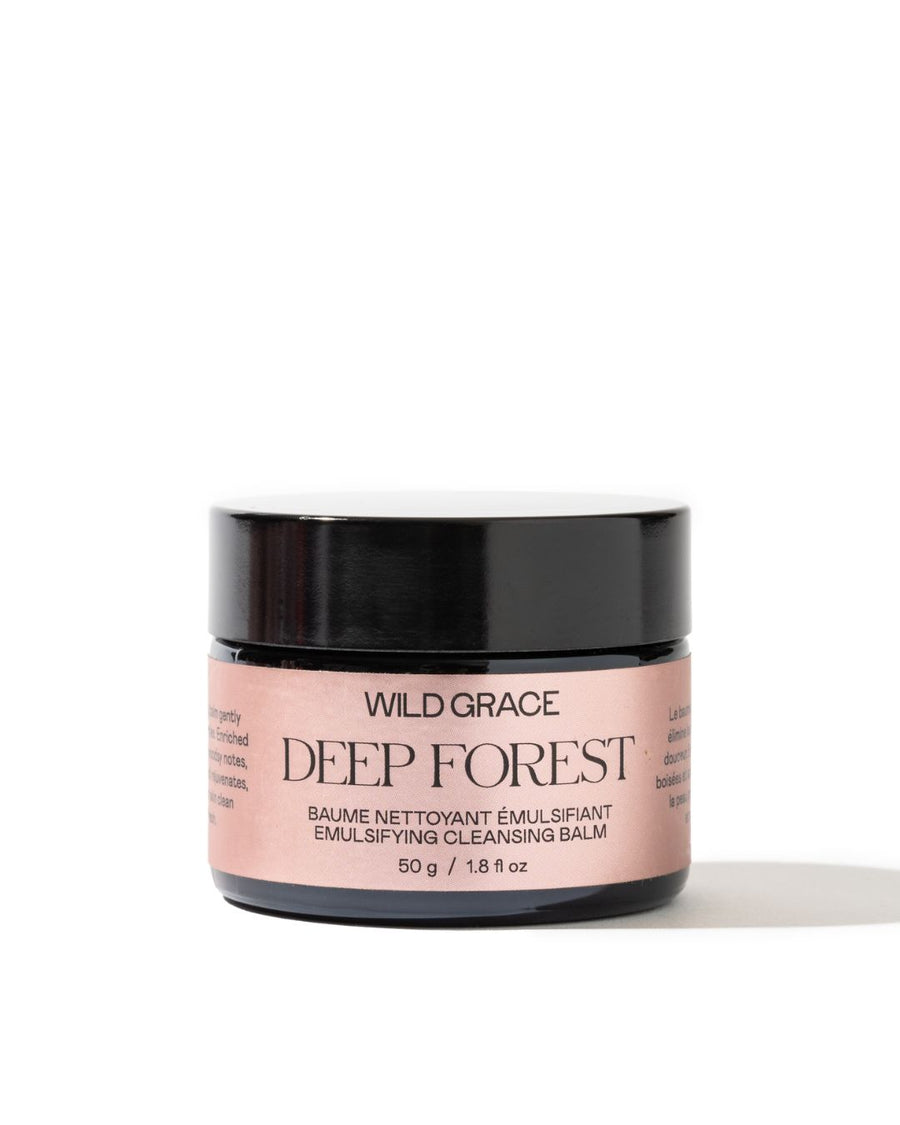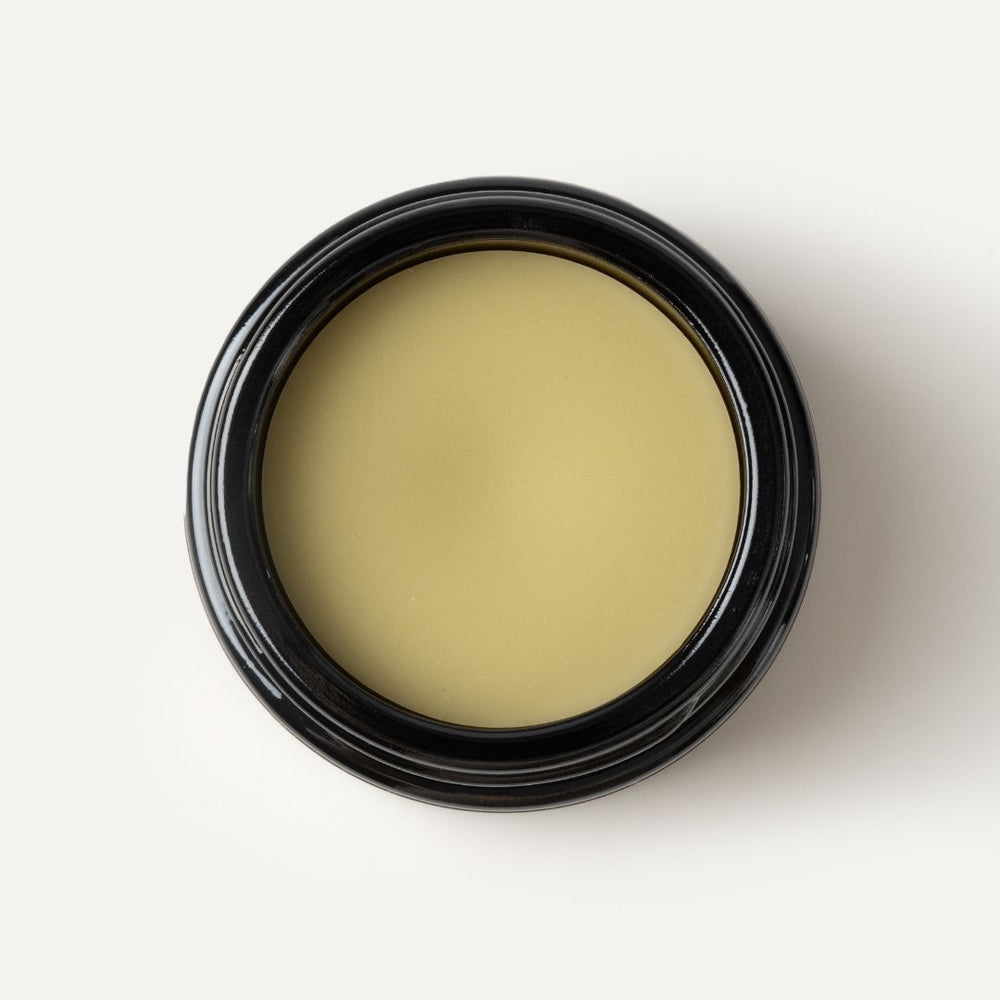Understanding Cholesterol: Good vs. Bad & How It Affects Your Health

When we talk about overall wellness, one topic often gets overlooked—cholesterol. Yet, understanding it is essential if you want to support a healthy body and prevent long-term health issues.
This week, we’ll cover the basics of what cholesterol is, its role in the body, and why not all cholesterol is “bad.” In part two, we’ll explore cholesterol from an Ayurvedic perspective and how to balance your meda dhatu (lipid tissue) to promote healthy cholesterol levels and overall well-being.
What Exactly Is Cholesterol?
Cholesterol is a type of lipid (fat) produced by the liver and found in many of the foods we eat. While it often gets a bad reputation, cholesterol is essential for several key functions in the body, including:
-
Building cell membranes and certain hormones like testosterone and cortisone
-
Supporting brain health by aiding the formation of neuronal connections
-
Producing bile, which helps digest dietary fats
-
Assisting in the synthesis of vitamin D
However, your body only needs a small amount of cholesterol to function optimally—so a breakfast of pastries every day (though tempting) isn’t the best idea.
The Two Types of Cholesterol: HDL vs. LDL
Cholesterol travels through the bloodstream in particles called lipoproteins. There are two main types:
-
HDL (High-Density Lipoprotein) – Often called “good” cholesterol, HDL helps remove excess cholesterol from the arteries, transporting it back to the liver for elimination.
-
LDL (Low-Density Lipoprotein) – Known as “bad” cholesterol, LDL can deposit cholesterol on artery walls, contributing to atherosclerosis (hardening of the arteries), which increases the risk of heart attack or stroke.
While your liver naturally removes excess cholesterol, about 20% comes directly from your diet—so what you eat plays a big role in your cholesterol balance.
The Silent Risk of High Cholesterol
The tricky part about high cholesterol is that it often has no obvious symptoms. Many people don’t know they have it until they get a blood test.
Factors That Can Increase Cholesterol Levels
-
Age (levels naturally rise as we get older)
-
Poor diet high in saturated or trans fats
-
Low physical activity
-
Excess body weight
-
Smoking and alcohol consumption
-
Genetic predisposition







Leave a comment